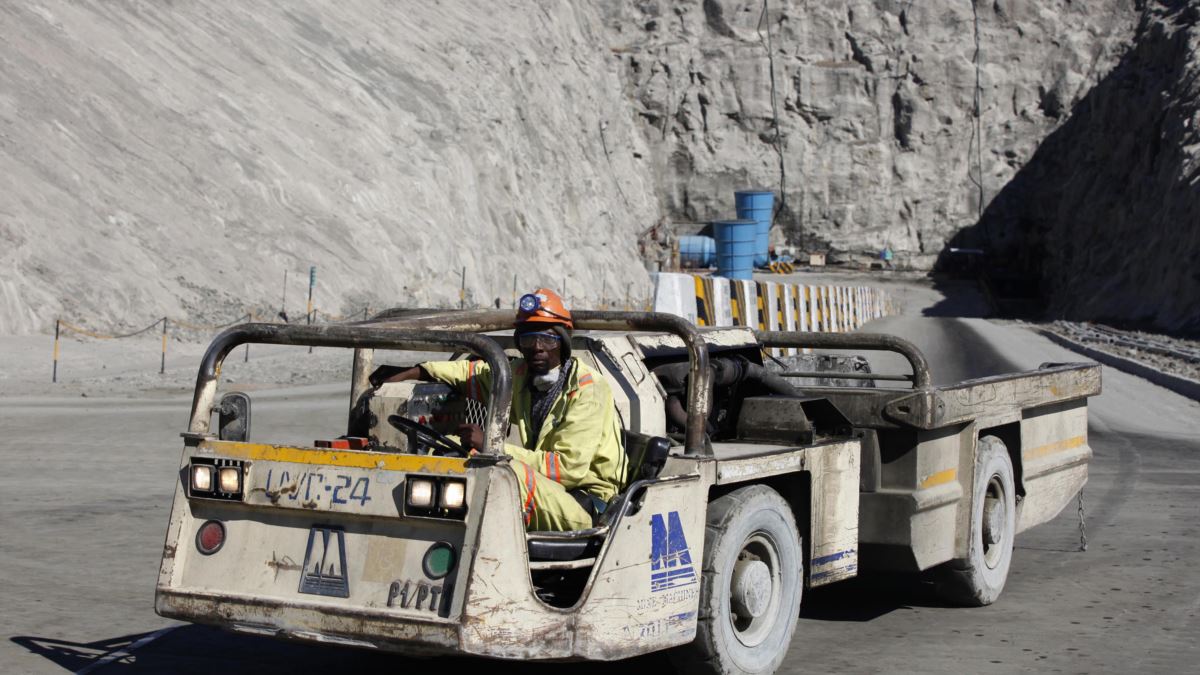Leadership, accountability behind good Zimplats returns
A good work ethic and a sense of accountability in the running of Impala Platinum’s Zimbabwe subsidiary, Zimplats, are some of the factors that have ensured solid financial returns for the company despite the unfavourable socio-economic conditions in that country.
This is according to Mr Nico Muller, the chief executive of Implats, which has a 87 percent stake in Zimplats. For the full 2020 financial year, Zimplats lifted revenue by 38 percent year-on-year to $868,9 million, while production of platinum concentrate also rose.
Zimplats operates underground mines and a concentrator at Ngezi in Zimbabwe, while its Mimosa mine is jointly owned by Implats and Sibanye-Stillwater.
Muller, speaking at the Joburg Indaba, a gathering of mining industry leaders and investors, said some of the contributing factors to the group’s good story was the mechanisation of operations and employer-employee dynamics within the company.
“If I look at the relationship between the CEO of Zimplats and his management team down to employee level, I think there is much lower hierarchical structure and there is also a much clearer sense of purpose and accountability.”
People are very proud to be associated with a company that is performing well, something which has benefited the mining group over the years, he said.
“They are proud of their jobs.”
The Government in April granted Zimplats permission to continue operating its mining and processing facilities during the lockdown period.
However, the operating conditions in Zimbabwe are not without challenges.
In its recent financial statements, Implats noted that fiscal legislation in Zimbabwe is “volatile, highly complex and subject to interpretation”.
Zimplats has, for example, been subject to a review of its historic income tax returns. Due to such reviews, disputes can arise with the Zimbabwe Revenue Authority (ZIMRA) over the interpretation or application of certain legislation, said Implats.
Its Zimbabwean subsidiary had filed legal proceedings in the Special Court for Income Tax Appeals and the Supreme Court of Zimbabwe in relation to various historical income tax matters, the company said.
Mr Muller was still optimistic about the company’s footprint in Zimbabwe, where mining is the country’s most significant earner of foreign currency.
“The potential of the Great Dyke offers the kind of future that we often speak about, which is low cost mechanisation,” he said.
Several South African companies are currently operating in Zimbabwe, including retailers and financial service providers, who have enjoyed mixed fortunes in the country. — news24.com











